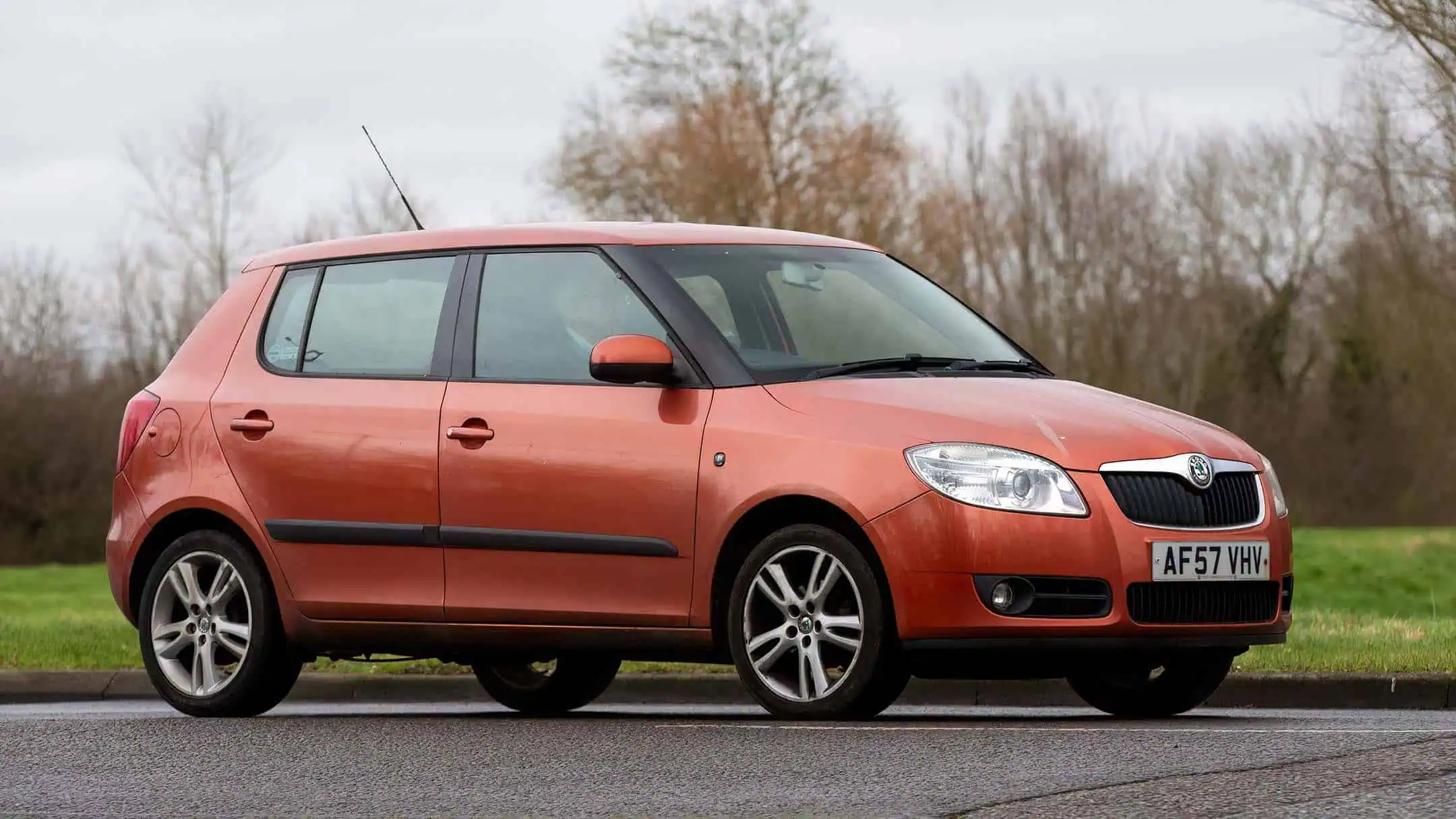Negative Equity Car Finance

Reviewed & fact checked
Reviewed by: Geoff Tooze - CEO and Content Lead
How negative equity car finance works

Get a quote
Fill out a quick application to check if you’re eligible, with zero impact on your credit score.

Meet your account manager
A dedicated Account Manager will be in touch to guide you by call, text, or WhatsApp.

Choose a car
Browse 100,000+ used cars or buy from any trusted UK dealer, it’s up to you.

Hit the road!
Tell your Account Manager what you’re after, and if approved, you could be driving in just a few days.
*Rates start from 8.9% APR - Representative example 20.5% APR
Young Car Driver works with CarFinance 247 Limited, a credit broker (not a lender), to help you find the best car finance deal for your circumstances from their panel of trusted lenders. The exact APR you’re offered will depend on your personal situation and is subject to status and affordability checks.
Representative Example:
Borrow £6,500 over 5 years with a £0 deposit.
Representative APR: 20.5% (fixed).
Monthly payment: £167.88.
Option to purchase fee: £10.
Total cost of credit: £3,582.80.
Total amount repayable: £10,082.80.
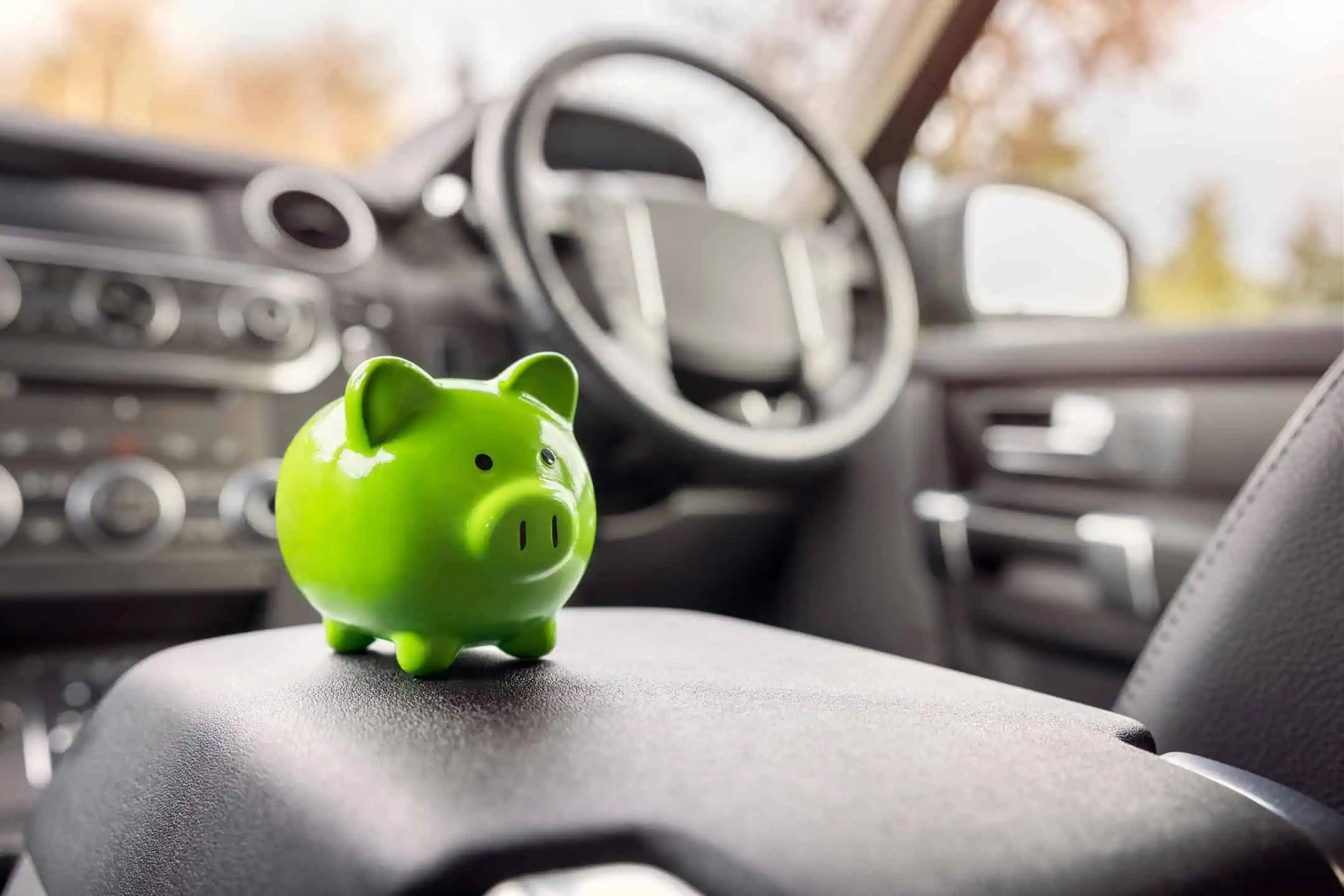
What is negative equity?
Negative equity occurs when the outstanding amount owed on your car finance is more than your car is worth. The difference between these amounts is known as negative equity.
All cars lose value over time, so you could enter negative equity at any point during your loan agreement. However, it doesn’t happen to all drivers, and many will find themselves in positive equity by the end of their car finance loan term.
Negative equity could cause problems if you want to end your loan agreement early and sell or part-exchange your car.
What causes negative equity?
Most drivers find themselves in negative equity due to the value their car loses over time.
All cars depreciate – lose value – but the speed at which this happens (also known as the rate of depreciation) can depend on several factors, including the car’s make and model. If you have a large loan and low monthly repayments, your car could be losing value faster than you can repay your finance, making you more likely to end up in negative equity.
If this sounds familiar, you’re not alone; most people will find themselves in negative equity in the early days of a finance agreement. However, as the depreciation rate slows and you make more payments towards your loan, you could transition into positive equity.
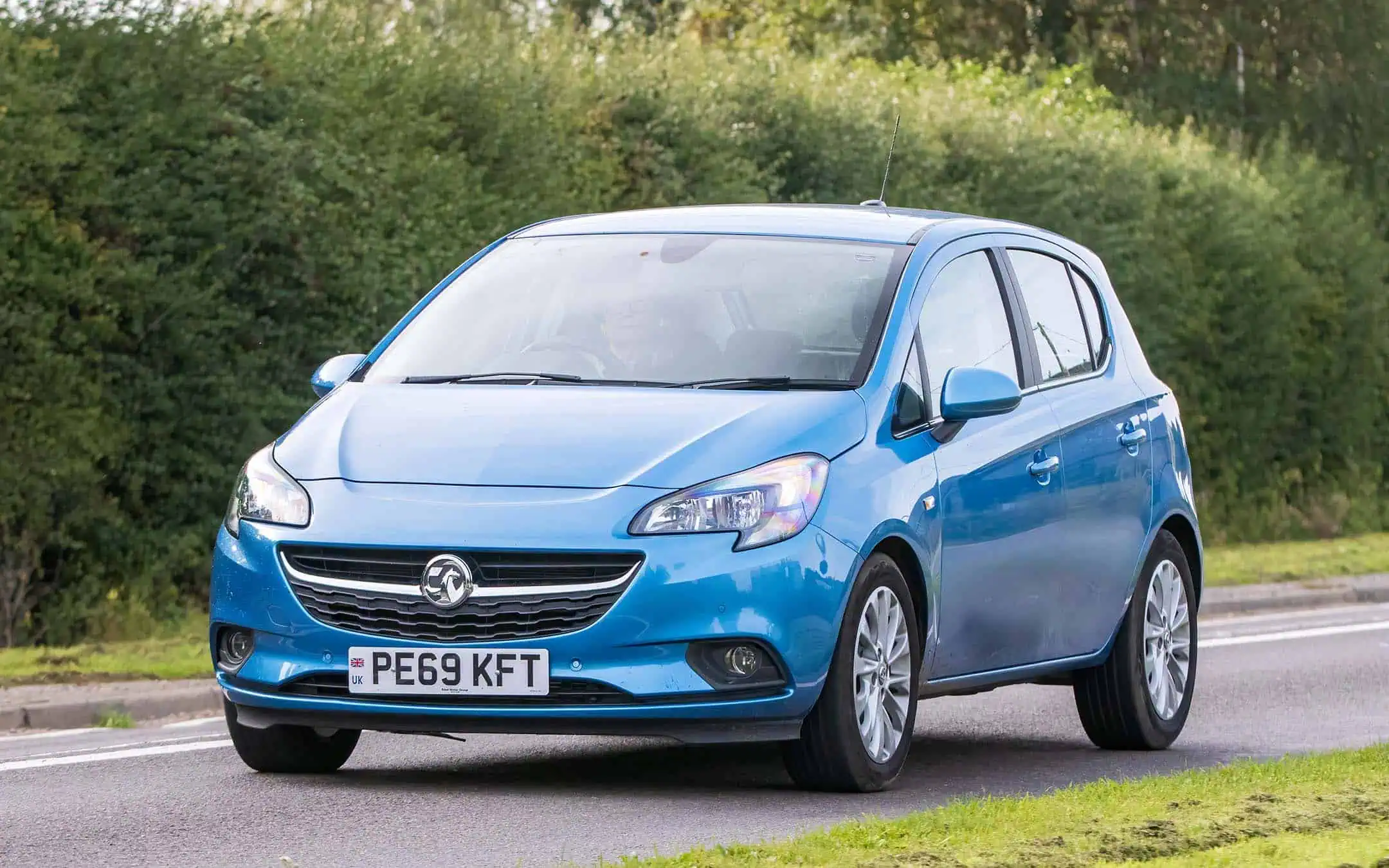
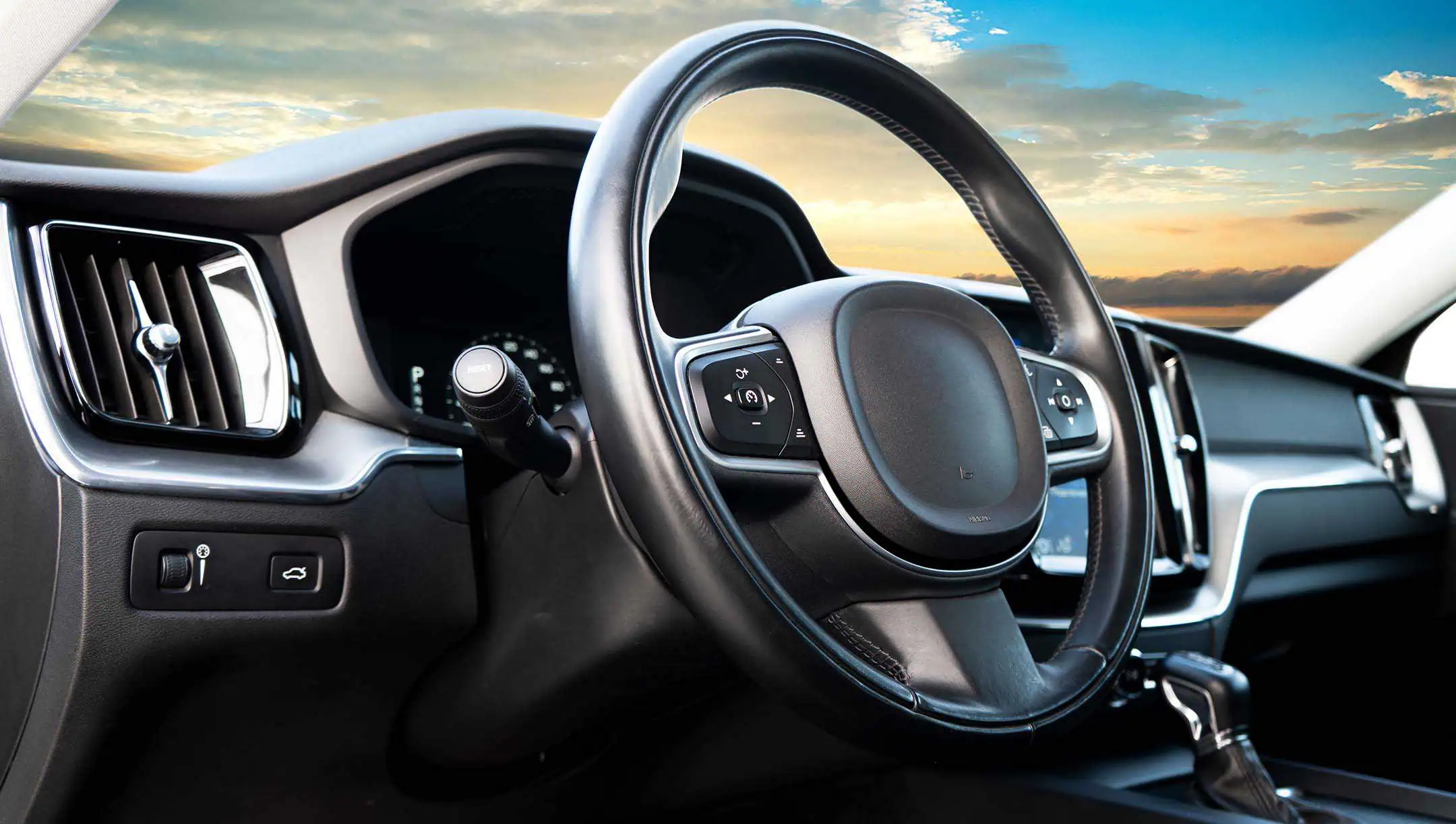
What is negative equity car finance?
Negative equity car finance is a type of loan that allows you to buy a new car and repay your existing loan. You’ll typically take out a new finance agreement, and the payments for both vehicles will be combined, so you only need to pay one fixed monthly payment throughout the new term. If you choose to buy a much cheaper car, you could end up with a combined finance agreement with lower repayments than your existing deal.
Hire purchase (HP) negative equity
With a hire purchase car finance agreement, you’ll borrow the full purchase price of the car and make fixed monthly repayments for a period of up to six years. Once you reach the end of your loan term, you’ll typically pay a small Option to Purchase fee, and then you’ll become the car’s legal owner.
As your payments go towards the car’s full value, they’ll usually be higher than other types of car finance. This can be an advantage when it comes to negative equity, as you’ll pay off your total finance balance faster, which can help close the gap between the outstanding finance and the vehicle’s value. You might start the loan term in negative equity but recover by the time the agreement comes to an end


Personal contract purchase (PCP) negative equity
Personal contract purchase car finance works differently than hire purchase as you don’t need to take out a loan to cover the car’s full value. Instead, you’ll only need a loan that matches the amount of value the lender predicts the car will lose during your loan term. This means you’ll likely have lower monthly repayments and pay off the total finance at a slower rate.
As you’re paying less each month and can take longer to close the gap, you may find yourself in negative equity. It’s also worth keeping in mind that the final balloon payment is set at the start of your agreement and will stay the same even if your car’s actual value ends up lower than this amount.
What are my options if I’m in negative equity?
If you find yourself in negative equity, there are four main options available to you:
- Do nothing
- Pay the difference
- Apply for negative equity car finance
- Opt for voluntary termination
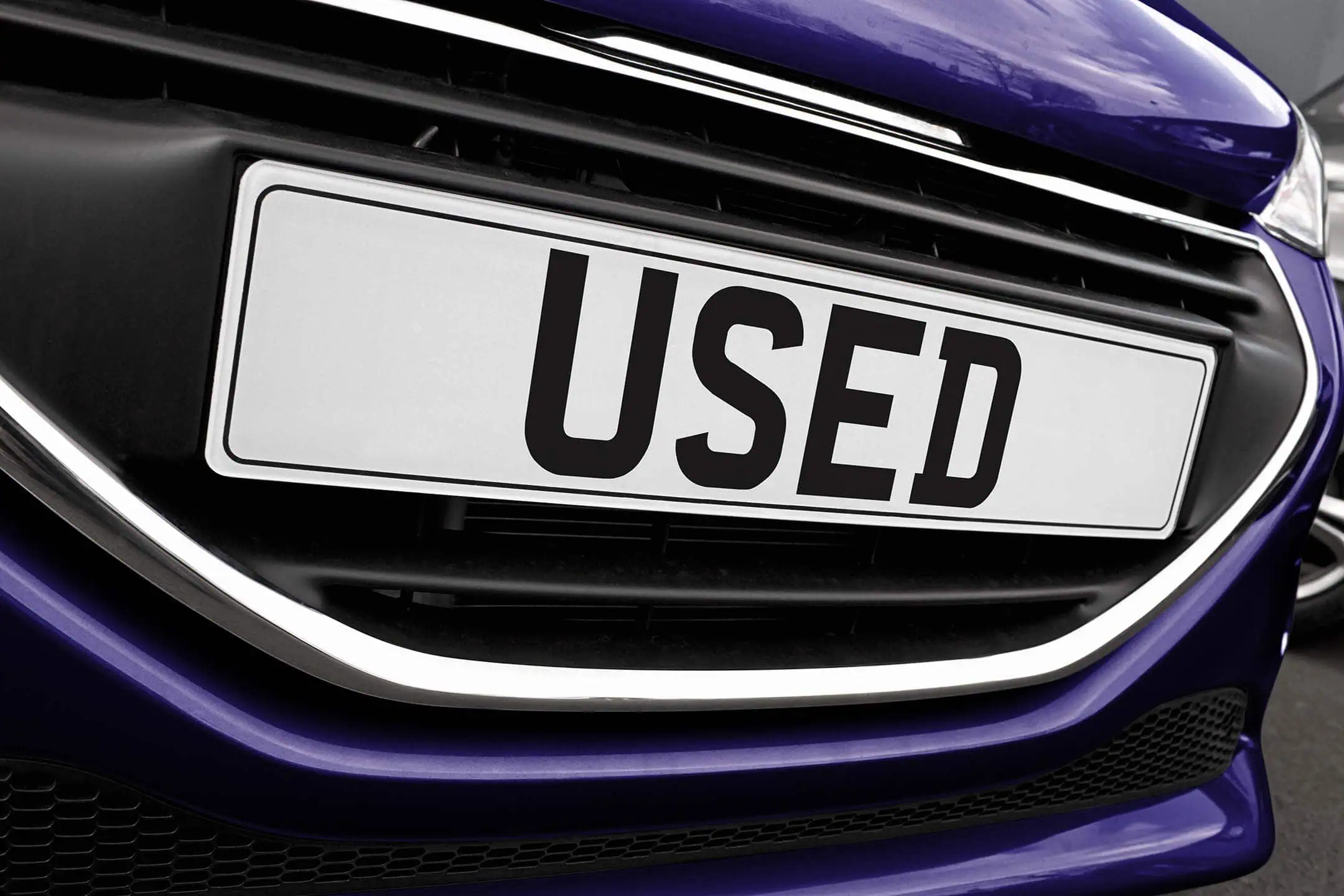
Do nothing
If you don’t urgently need to end your finance agreement early or sell your car, you can simply continue to make payments until the end of your loan term. You will then become the car’s legal owner if you were in an HP agreement or have the option to return the car to the lender if you had a PCP loan.
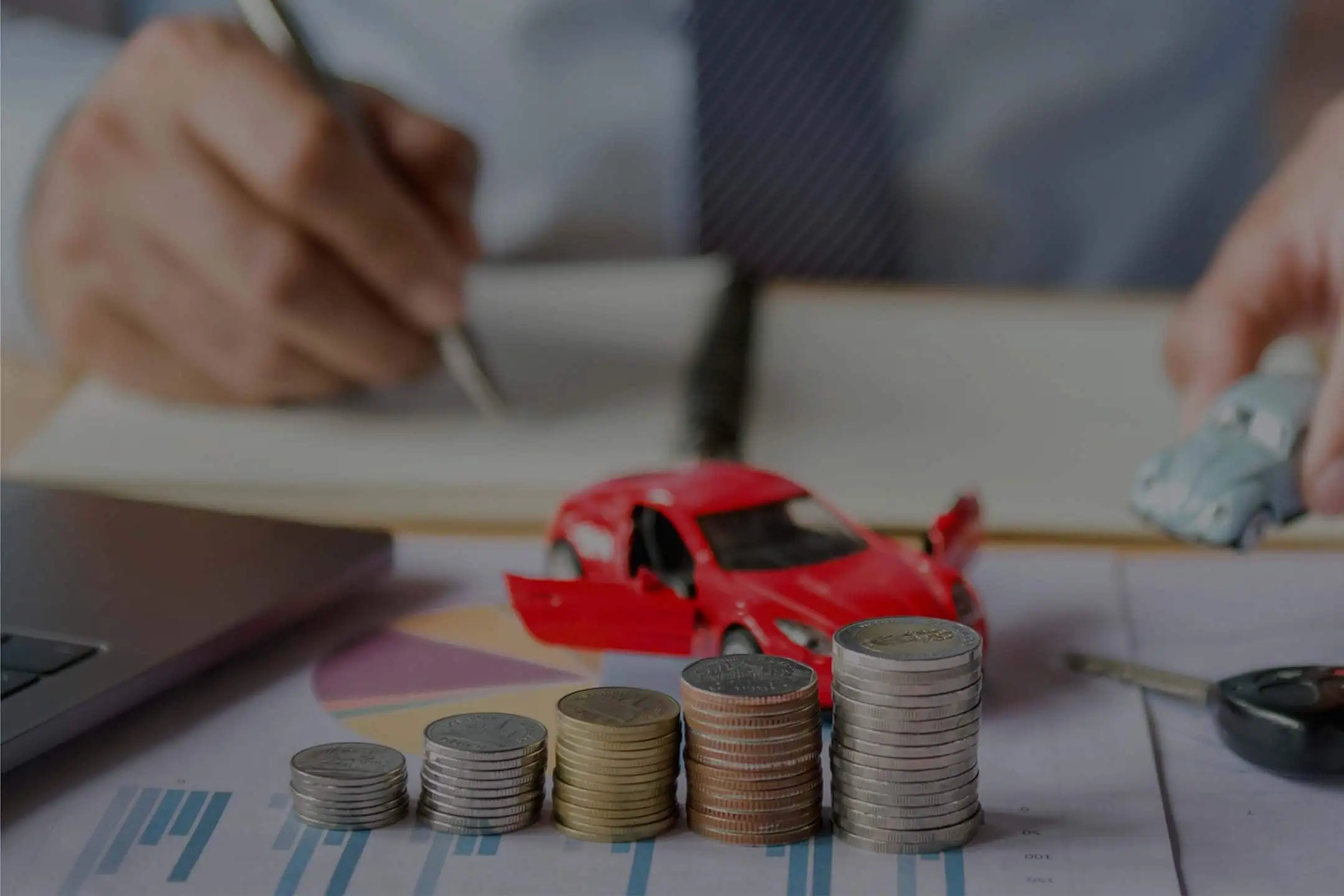
Pay the difference
Depending on your current financial circumstances, you may be able to use your savings or another form of finance to pay the difference between your car’s value and the outstanding finance so that you can end the deal early.

Apply for negative equity car finance
You can apply for a new loan to cover the cost of both your outstanding car finance and the purchase price of a new car.

Opt for voluntary termination
Under the Consumer Credit Act 1974, you have the right to voluntary termination once you’ve paid 50% of the total amount payable. This includes the final balloon payment in a PCP deal. Once you’ve reached this threshold, you can simply hand your car back and walk away.
How can I avoid negative equity?
While a car’s value is unpredictable and can be affected by factors outside of your control, there are certain steps you can take to help decrease your chances of ending up in negative equity:
- Put down a large deposit – the more you can put down at the start of your loan agreement, the less you’ll need to borrow.
- Have higher repayments – if you can afford to pay more towards your loan each month, you’ll reduce the outstanding balance at a faster rate.
- Choose a car known for holding its value – particular makes and models are known to have a slower rate of depreciation than others. These typically include cars with a reputation for reliability and value that can cater to a wide range of different drivers.
- Don’t pay over the odds – if you agree to pay more than the car is worth, you’ll be in negative equity from the outset. Try to negotiate a deal that means you buy the car at its current value or an amount that’s slightly less than its valuation.
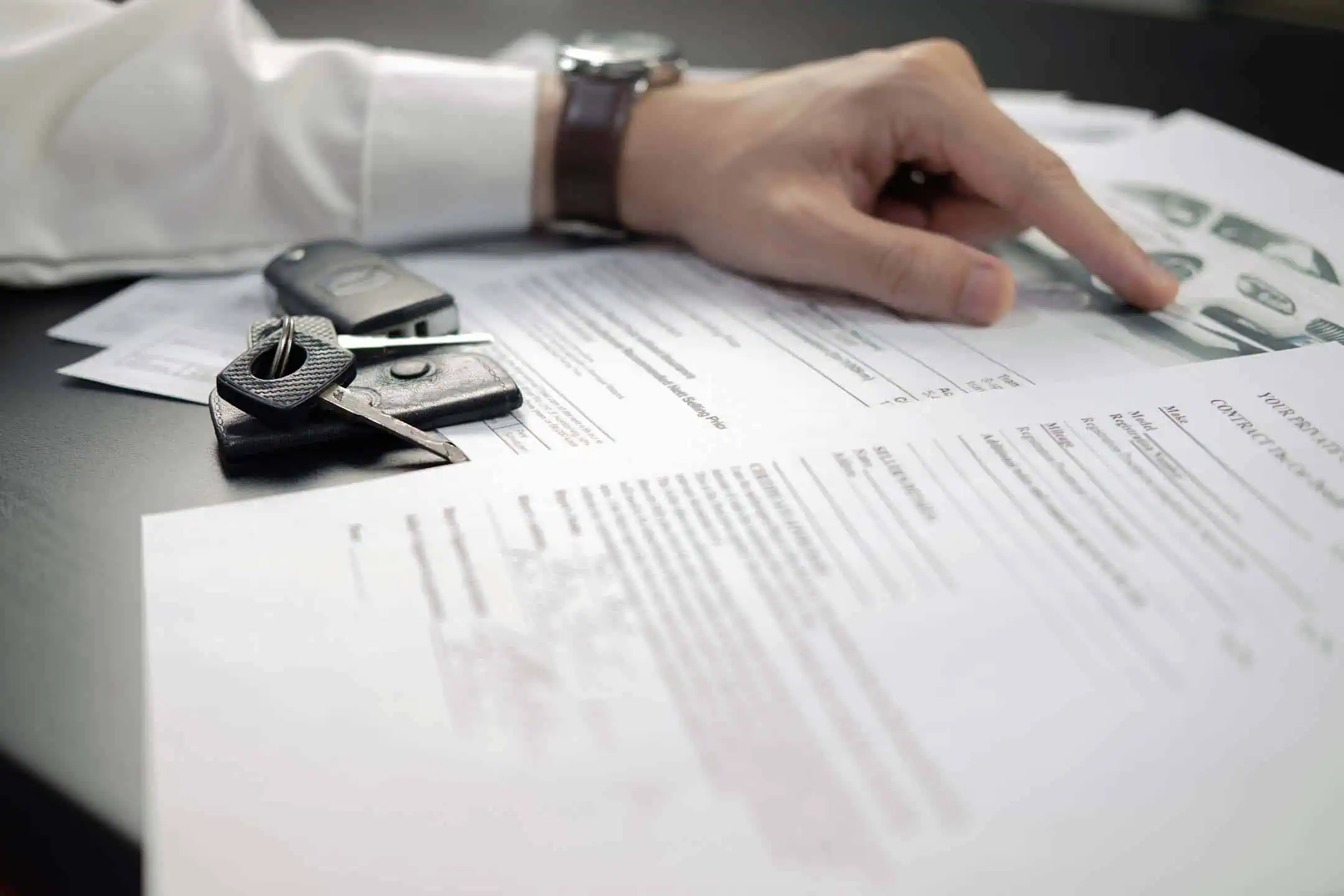

Can I part-exchange a car in negative equity?
Yes, it’s possible to part-exchange a car in negative equity, but you must pay the difference first. Depending on your individual circumstances, you may be able to pay the outstanding finance from your personal savings or take out a new loan that includes this balance plus the purchase price of your new car. A used car dealer will not usually accept a car on part-exchange until the negative.
What factors affect the speed of depreciation?
Depreciation isn’t an exact science, but a range of different factors can influence the amount of value a vehicle will lose over time. These include:
- The car’s condition – a car with a lot of damage, such as significant scratches and dents, will likely lose value faster than a vehicle in pristine condition.
- The car’s colour – different colours are in fashion at different times, but a car that has a more unusual and less popular paint job will often be worth less than the same car in a more neutral colour.
- The car’s age – most cars will lose value quickly in their first three years, and the rate of depreciation will slow over time as the car gets older.
- The car’s mileage – generally speaking, the more miles on the clock, the less it will be worth.
- The overall car market – a car’s depreciation rate can be affected by current trends, availability in the used car market, and larger economic conditions.
